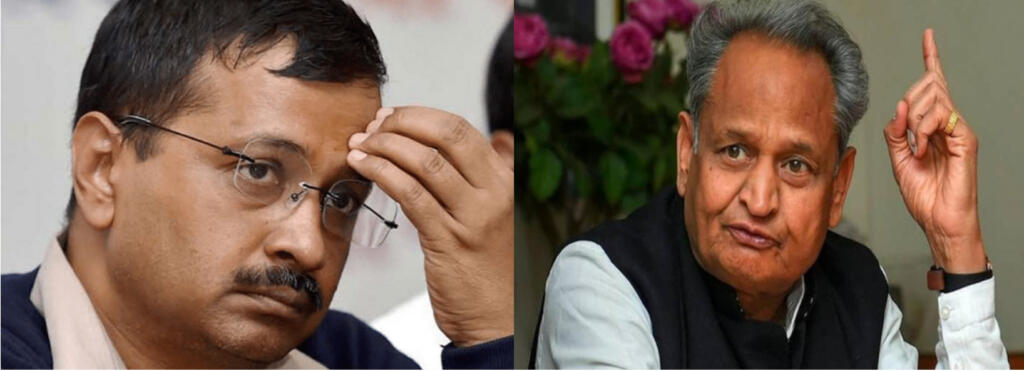Coal is emerging as a critical natural resource today, with a global rise in its price levels. India also is on the verge of witnessing major coal crises. However, despite the crises, several state governments in India have been offering free electricity to the people that further led to its overconsumption resulting in the shortage of coal. Now, the Chief Ministers of these particular states, because of the coal shortage, are drowning in a puddle of their own making.
Coal crises across the world
Owing to the coal crunch in China, the prices of coal worldwide have shot up, increasing concerns in India as well. Coal prices in Indonesia, one of India’s suppliers, have risen to nearly $162 per ton from $86.68 in April, as China increases the demand for coal after the power cuts in the country forced factories to shut down. This has further led to a coal shortage in India, the world’s second-largest coal-consuming country.
Read more: Where is all the missing coal in Tamil Nadu?
According to data released by the power ministry on Wednesday, out of India’s 135 coal plants, 108 were facing critically low stocks, with 28 of them down to just one day’s worth of supply.
“On average, coal supplies at power plants had fallen to about four days worth of stock as of the weekend,” the Ministry said in a statement.
Power cuts and shortages in states
With the concerns, a panic crisis has also emerged. While several states like Punjab and Rajasthan are scheduling power cuts, others are asking the central government to increase the power supply. Rajasthan Government, on Friday, announced that it will begin a scheduled power cut for one hour on a daily basis to tackle the nationwide coal shortage that has pushed many utilities to the brink of running out of coal.
Punjab is also facing an acute coal crisis with stocks available to run its five thermal plants fast depleting, according to Hindustan times reports. Punjab State Power Corporation Limited (PSPCL) has also decided to up to six-hour cuts on electricity supply across the state. Joining a long queue, Punjab CM Charanjit Singh Channi also asked the central government to immediately enhance the state’s coal supply as per the quota to tide over the power crisis.
Meanwhile, Delhi CM Kejriwal wrote a letter to Prime Minister Narendra Modi seeking intervention to make sufficient arrangements for coal at power plants and gas to generation plants. Delhi Power Minister Satyendar Jain also said, “If the situation does not improve, Delhi could face a blackout after two days. He also said that the current situation is similar to the shortage of oxygen during the second Covid wave.”
India’s need to develop more renewable energy resources
The demand for coal in India is much higher compared to what state-owned companies can produce. Therefore, the thermal power plant companies and other industries which use coal are forced to import from the countries like China and Australia. And, these companies are forced to import not because there is a lack of coal deposits in the country but due to the lack of mining capacity of Coal India Limited, which had a monopoly over the sector till a few months ago.
However, with the sudden hike in prices of coal all across the world, it is difficult for India to rely on the import of coal. Thus, the government has asked state-run Coal India Ltd. to increase production. Experts are of the view, “India mostly relies on domestically mined coal. With global coal prices at an all-time high, increasing imports is not an option.”
Swati DSouza, research lead at National Foundation for India also stated, “With the current prices, it is difficult for India to rely on external sources for coal as it’s about two or three times more than what we pay domestically right now.”
But, despite such hazardous crises witnessed by India, it is the best time for the country to move further with other options, that is, fossil fuel, rather than coal. Given the surge in demand for coal, India needs to develop more renewable energy.
It should serve as a “turning point for India,” where there is ample renewable energy potential to help offset such disruptions, said Sunil Dahiya, an analyst at the Center for Research on Energy and Clean Air. He further added, “The situation shouldn’t be used to push for more coal — that is not the crisis. The solution going forward is to move away from coal and other fossil fuels.”
However, there is much more to learn from the coal crisis. With the state governments providing free electricity to the public, a major surge in the consumption of electricity has been witnessed. Now, with no solution, they are seeking the Central government’s support. Thus, it is need of the hour that the state governments as well as the public, should move along with measures that can help in eradicating the coal crises in India.
